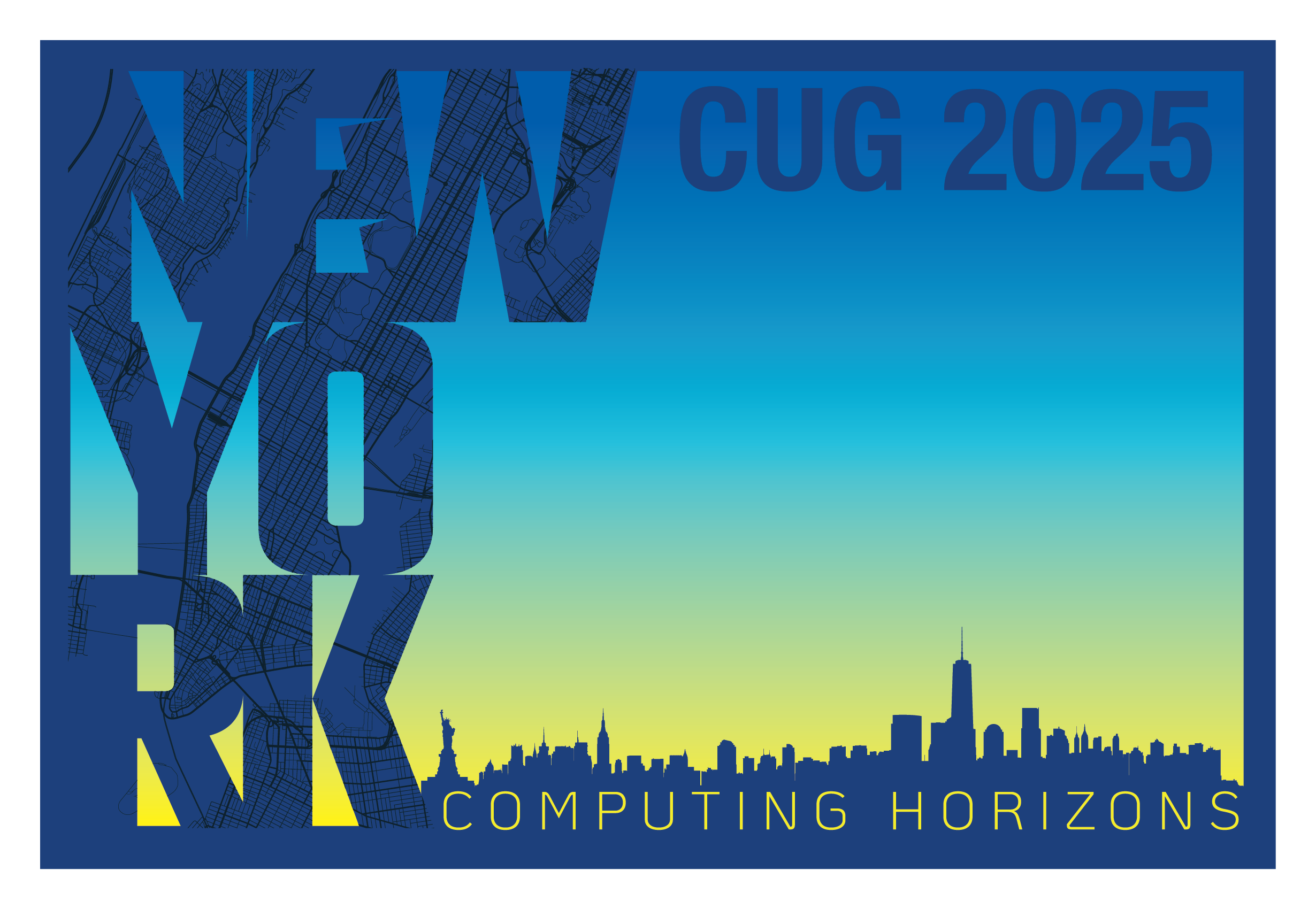Keynote Speaker: Michael Zingale, Stony Brook University.
Title: What I’ve Learned About Supercomputing from Blowing Up Stars

Bio:
Michael Zingale is a Professor of Physics and Astronomy at Stony Brook University. He earned a BS in Physics and Astronomy (1996) from the University of Rochester and a PhD in Astronomy and Astrophysics (2000) from the University of Chicago. He was part of the Flash Code development team that won a Gordon Bell Prize in 2000, and received a Presidential Early Career Award for Scientists and Engineers (PECASE) through DOE NNSA in 2005, and an Outstanding Junior Investigator award for the DOE Office of Nuclear Physics in 2006. Michael’s research involves the development of new algorithms for efficiently modeling convection in stellar interiors and coupling nuclear reactions and hydrodynamics in explosive flows. He is a codeveloper of the Open Source astrophysical, multiscale/multiphysics simulation codes Castro and MAESTROeX and the nuclear astrophysics library pynucastro. He applies these codes to studies of early phases of Type Ia supernovae, novae, and X-ray bursts.
Abstract:
Stars shine throughout their lives by converting light elements into heavier elements via nuclear burning. While there are different pathways that low and high mass stars take in their evolution as they exhaust their fuel, explosions of both groups (or their remnants) are possible, leading to a wide-range of stellar transients. Modeling these events requires capturing the interplay between hydrodynamics, nuclear reactions, gravity, radiation, rotation, and more physics. These models are also inherently multi-dimensional and span a vast range of timescales. Both algorithmic developments and leveraging of modern supercomputer architectures are key to performing accurate and efficient simulations of these explosions. In this talk, I will discuss some of the lessons I’ve learned from more than two decades of writing simulation codes for these problems. I will show examples of where new algorithms needed to be developed, instead of using general codes, and when complete rewrites of codes were needed to support new architectures. Finally, I will talk about how we will train our students to write the next generation of codes.


